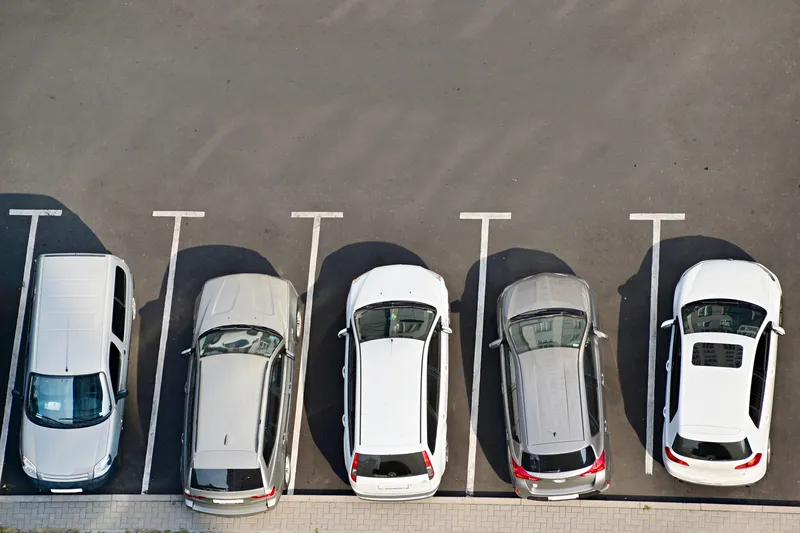APT SkiData has completed the installation of equipment that will manage and control parking for over 1,000 additional vehicles at London’s Gatwick Airport following the construction of a new short stay car park at its North Terminal.
March 23, 2012
Read time: 1 min
RSS1774 APT Skidata has completed the installation of equipment that will manage and control parking for over 1,000 additional vehicles at London’s 3249 Gatwick Airport following the construction of a new short stay car park at its North Terminal. The multi-storey structure, which is one of a number of projects being implemented by Gatwick to support its ambition to become London’s airport of choice, was built as an extension of the existing car park but was furnished by APT with a new entry plaza, four entry lanes, four exit lanes, seven internal barriers controlling entry, and nine 'Easy.Cash' pay-on-foot stations.
Anil Mahendra, head of technology and innovation at4221 APCOA, the parking management company that supervises the running of Gatwick Airport’s parking, says that APT Skidata is a key strategic technical partner. “The new system is performing just as smoothly as elsewhere on-site, and works well with our integrated automatic number plate recognition (ANPR) system. We have found Skidata technology easy to use and adapt to how we want the system or the car park to function,” he added.
Anil Mahendra, head of technology and innovation at









